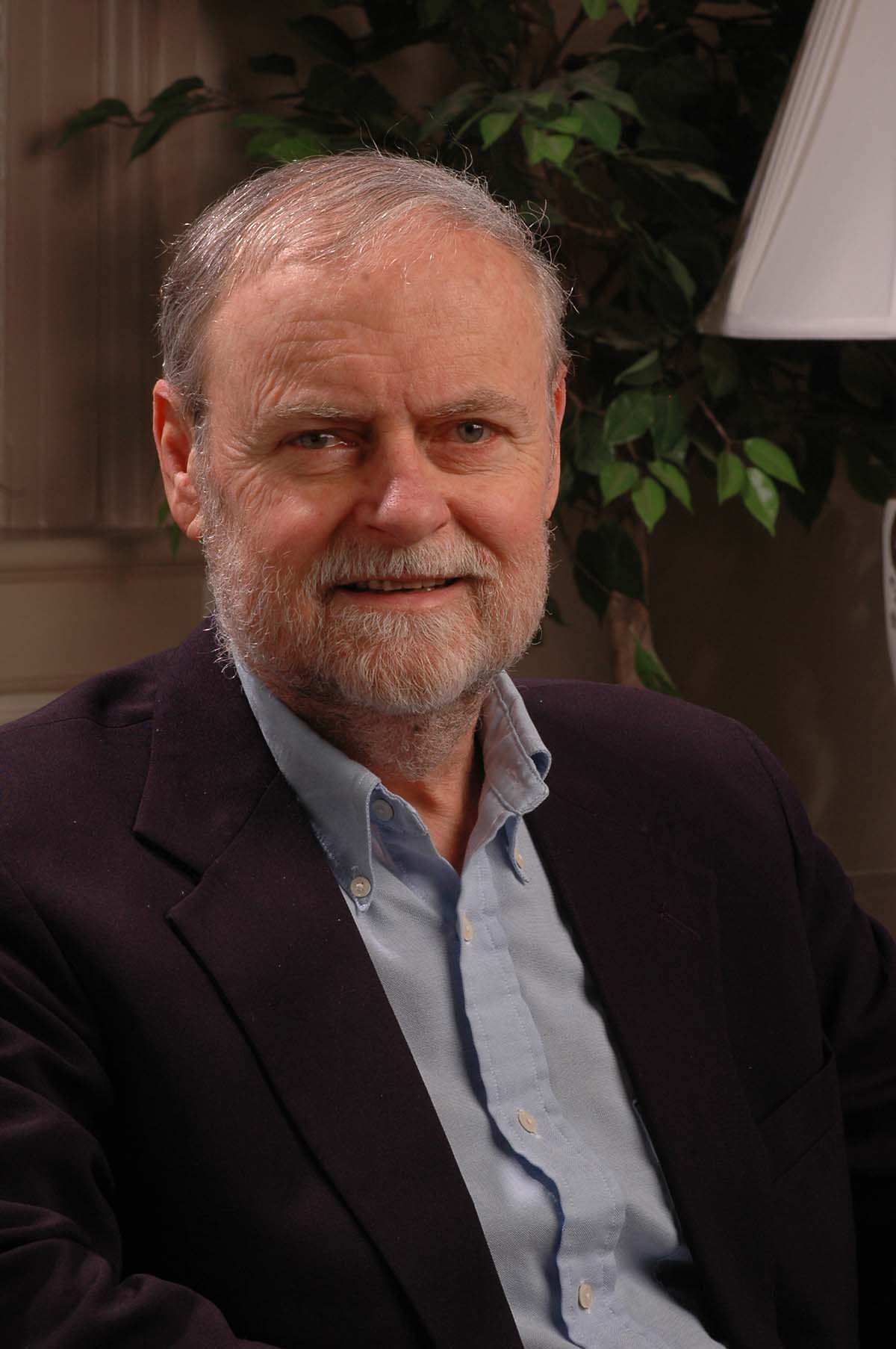Feb. 21, 2007 -- John J. Dorning, Whitney Stone Professor of Nuclear Science and Engineering, professor of engineering physics and professor of applied mathematics in the University of Virginia’s Engineering Physics Program (Department of Materials Science and Engineering), has been elected to the National Academy of Engineering. The announcement was made Feb. 9 by NAE president — and fellow U.Va. faculty member — William A. Wulf, the AT&T Professor of Computer Science and University Professor in the Department of Computer Science in the U.Va. School of Engineering and Applied Science.
Election to the NAE is among the highest professional distinctions accorded to an engineer, one Dorning shares this year with 63 new members and 2,217 total members nationwide. Academy membership honors those who have made outstanding contributions to “engineering research, practice, or education, including, where appropriate, significant contributions to the engineering literature” and to the “pioneering of new and developing fields of technology, making major advancements in traditional fields of engineering, or developing/implementing innovative approaches to engineering education.”
According to the citation, Dorning was selected “for the development of advanced computational methods for nuclear reactor analysis.”
A member of the U.Va. faculty since 1984, Dorning earned a Bachelor of Science in marine engineering from the U.S. Merchant Marine Academy (Kings Point) in 1959 and a master’s degree and a doctorate in nuclear science and engineering from Columbia University in 1963 and 1967, respectively. He is a fellow of the American Nuclear Society, the American Physical Society and the American Association for the Advancement of Science.
Dorning’s research interests include neutron and radiation transport theory, plasma physics, nonlinear dynamical systems and deterministic chaos, fission reactor theory, fission reactor kinetics, computational methods development, fluid dynamics, thermohydraulics, kinetic theory of gases.
Election to the NAE is among the highest professional distinctions accorded to an engineer, one Dorning shares this year with 63 new members and 2,217 total members nationwide. Academy membership honors those who have made outstanding contributions to “engineering research, practice, or education, including, where appropriate, significant contributions to the engineering literature” and to the “pioneering of new and developing fields of technology, making major advancements in traditional fields of engineering, or developing/implementing innovative approaches to engineering education.”
According to the citation, Dorning was selected “for the development of advanced computational methods for nuclear reactor analysis.”
A member of the U.Va. faculty since 1984, Dorning earned a Bachelor of Science in marine engineering from the U.S. Merchant Marine Academy (Kings Point) in 1959 and a master’s degree and a doctorate in nuclear science and engineering from Columbia University in 1963 and 1967, respectively. He is a fellow of the American Nuclear Society, the American Physical Society and the American Association for the Advancement of Science.
Dorning’s research interests include neutron and radiation transport theory, plasma physics, nonlinear dynamical systems and deterministic chaos, fission reactor theory, fission reactor kinetics, computational methods development, fluid dynamics, thermohydraulics, kinetic theory of gases.
Media Contact
Article Information
February 21, 2007
/content/uva-professor-john-dorning-elected-national-academy-engineering

